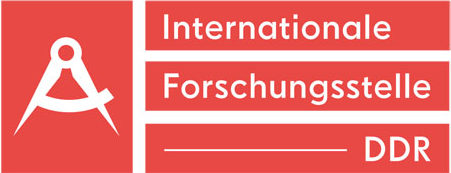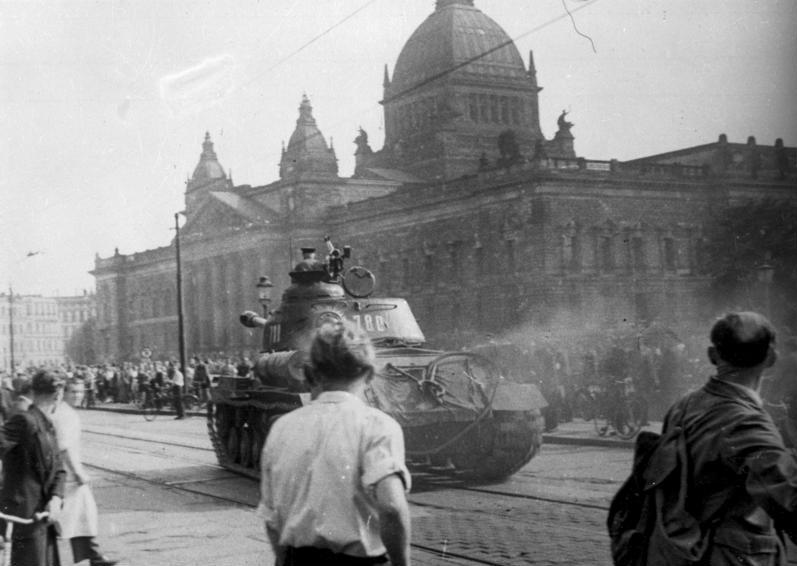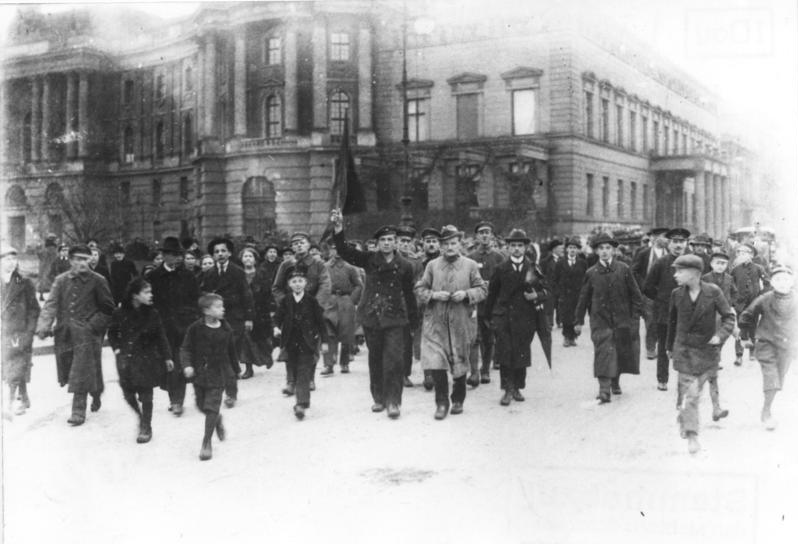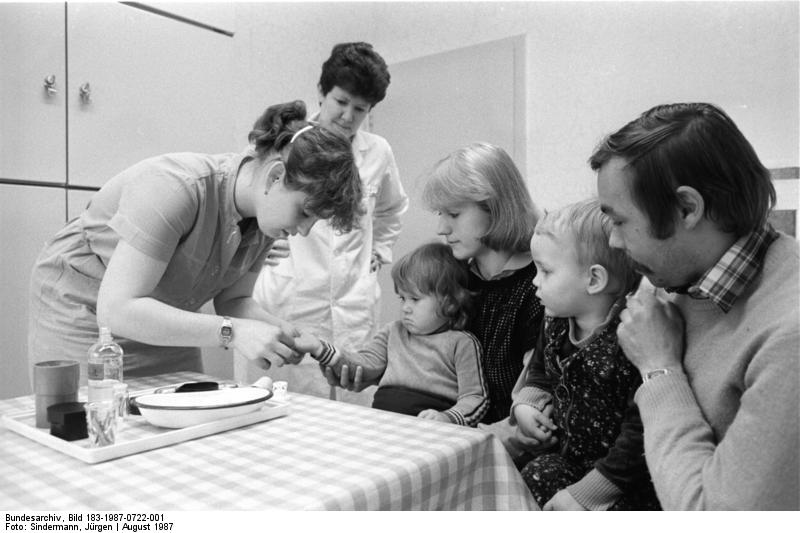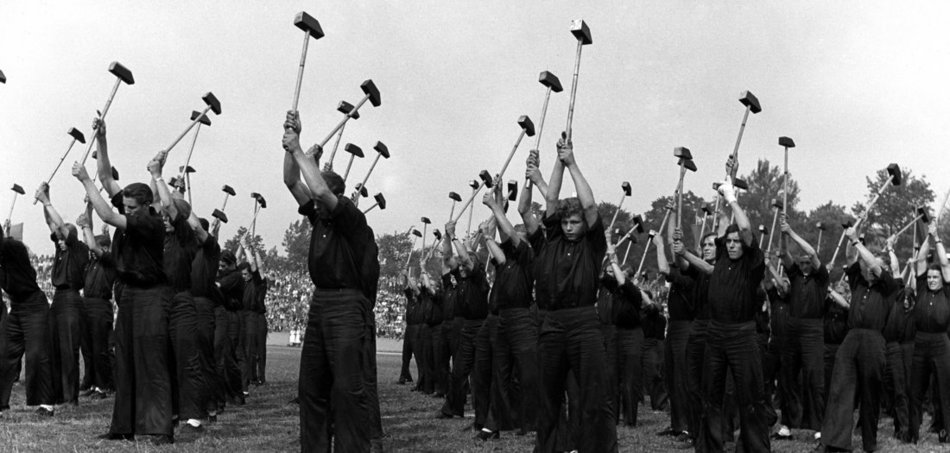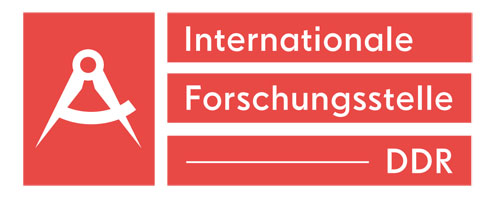Dossier: What happened on 17 June 1953 in the GDR?
This year marks the 70th anniversary of the unrest during 17 June 1953 in the German Democratic Republic (“East Germany”). With this dossier of translated article excerpts, we want to shed light on significant aspects of the events and make them accessible to an international audience.
